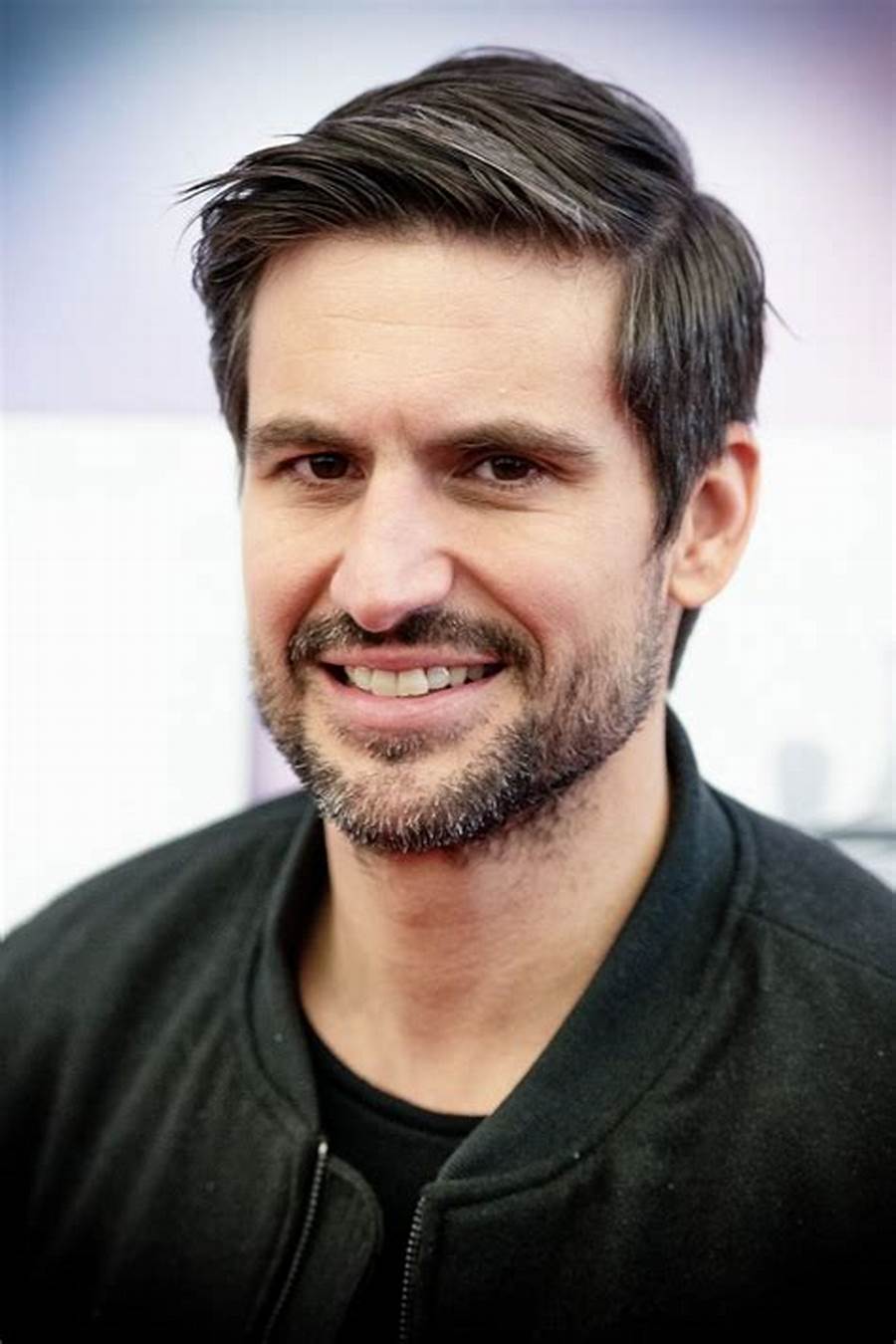President Volodymyr Zelenskyj has contacted Norway and a number of other countries seeking support for his peace plan in Ukraine. Foreign Minister Anniken Huitfeldt (Ap) said that Norway had offered to lead the nuclear safety work.
President of Ukraine first presented the plan at a G20 group meeting for the world’s largest economy in November.
Zelenskyj’s “Peace Formula” was intended to lead to a free and independent Ukraine, and assumed that Russia withdrew all of its troops from the country. Now he is calling on countries supporting Ukraine to lead every part of the plan.
– The Zelenskyj peace plan is comprehensive and ambitious, and Norway stands ready to contribute. It remains to be seen how Ukraine will follow up on the plan in practice and we must also discuss with them how we can best contribute, said Huitfeldt in an email to VG.
– Norway has expressed a desire to contribute to nuclear safety and radiation protection. We have informed the Ukrainian embassy about it, he added.
Talk to Stoltenberg
Zelenskyj’s peace plan consists of ten parts:
- Nuclear security
- Food safety
- Energy security
- Release of all prisoners of war and all deportees
- Liberation of the entire territory of Ukraine
- Complete withdrawal of all Russian troops from across the country
- Punishment for war crimes
- environmental protection
- New security guarantees for Ukraine
- Signing of peace treaty
The Ukrainian president is now presenting his thoughts on a peace plan in talks with other leaders.
NATO Secretary General, Jens Stoltenberg, told VG that he discussed the peace plan with Zelenskyj when they spoke on the phone on Wednesday this week.
planning summit
Ukraine is making plans for a possible summit in February.
The current date should be February 24th, which is the anniversary of the Russian invasion. The authorities in the occupied countries wish to invite governments that wish to cooperate with them on a peace plan.
Liilia Honcharevych is the acting ambassador of Ukraine to Norway. He confirmed to VG that the embassy had invited the Norwegian government to collaborate on a peace plan:
– We hope that Norway will join and lead, said the ambassador in an email to VG.
– We are grateful for the support from Norway. And we hope for more Norwegian support for Ukraine, and for increased pressure on Russia. This is the only way to force the Kremlin to stop the war. Any concession to Russia would push the occupiers to take new steps, he further wrote.
28 years of cooperation
In early 1995, Norway entered into cooperation with Ukraine on nuclear safety.
– We are pleased that the Ministry of Foreign Affairs pointed to nuclear safety and radiation protection as topics for increased efforts in Ukraine. For a long time, we have had close cooperation with the authorities and actors in Ukraine, and saw the need for strengthening assistance and cooperation after the invasion. It is important that Norway and the international community contribute to reducing the risk of serious incidents at nuclear power plants and other installations, wrote Per Strand, director of the Directorate of Radiation Protection and Nuclear Safety, in an email to VG.
After the invasion of Krym in 2014, cooperation increased and the Radiation Protection Directorate has since been in close contact with the Ukrainian radiation protection authorities, with those who operate Ukraine’s nuclear power plants, with border control authorities and with the Chernobyl plant.
In April, it is planned that Ukrainian actors and western countries with programs and activities in Ukraine will meet in Oslo to discuss cooperation and coordinate project implementation.
Donated equipment
– The fact that Norway already had this cooperation meant that we had apparatus and project managers on hand when the war broke out last winter. That means we can be on the scene quickly and help Ukraine, said Foreign Minister Huitfeldt.
He stated that Norway had donated equipment for nuclear power plants and border control in March, at the request of Ukraine.
Since then, Norway has continued to donate equipment to maintain a maintenance program for the operation of a nuclear power plant whose infrastructure has been destroyed, according to the Ministry of Foreign Affairs.

“Hardcore zombie fan. Incurable internet advocate. Subtly charming problem solver. Freelance twitter ninja.”






